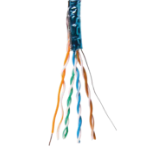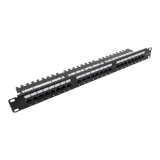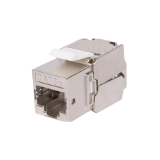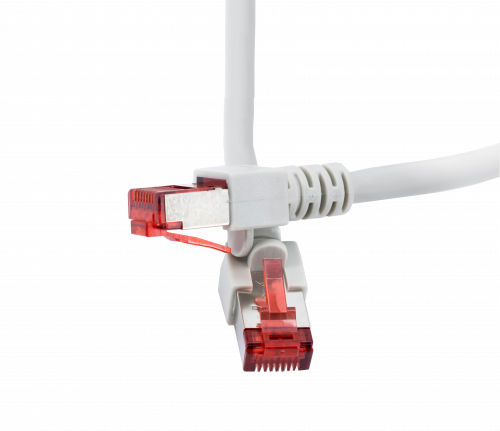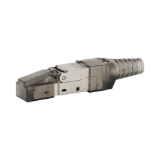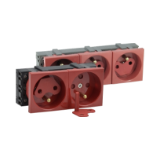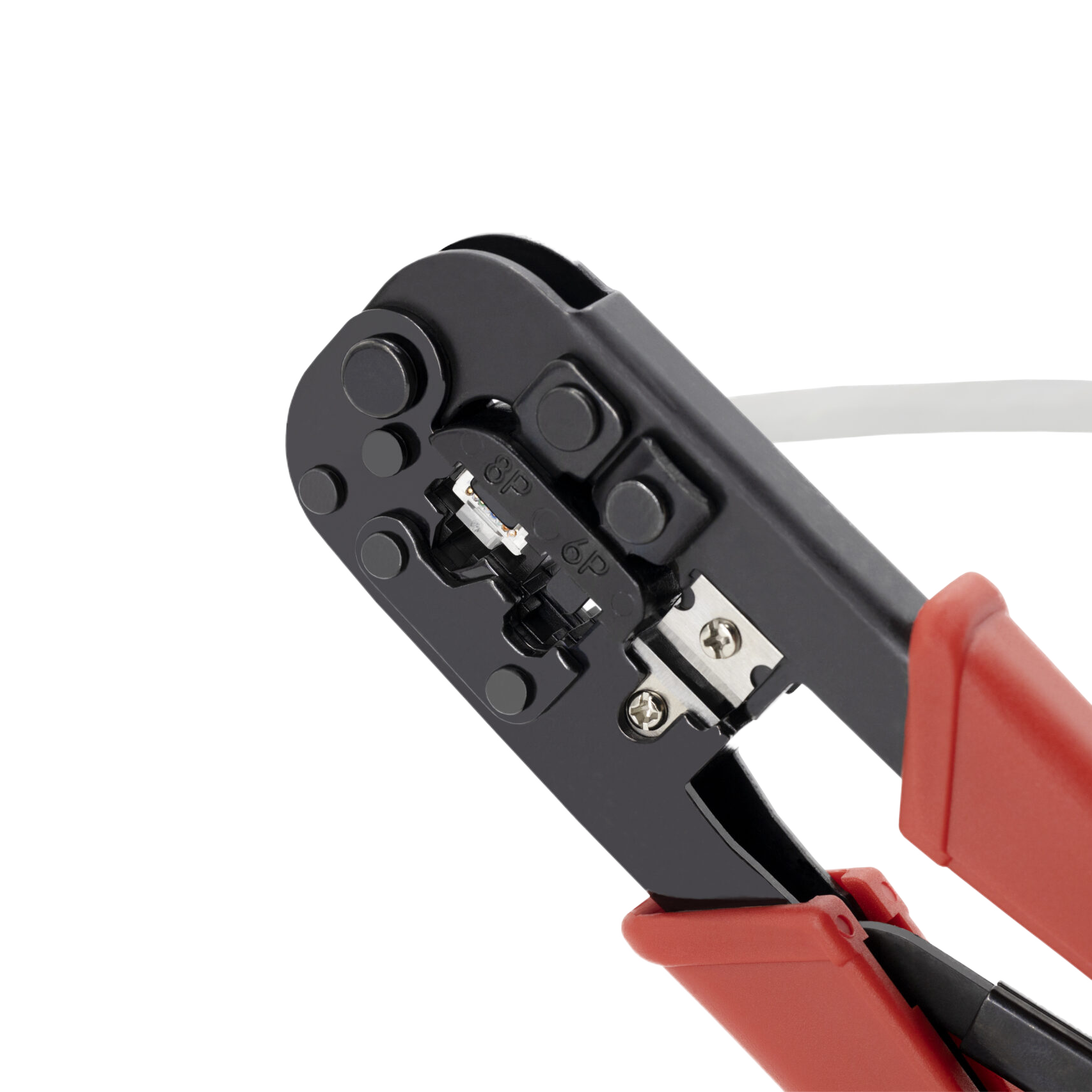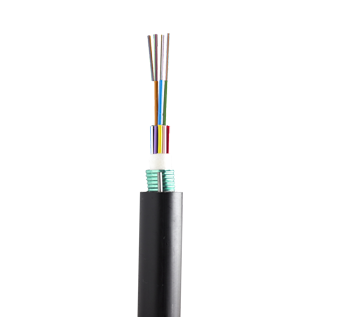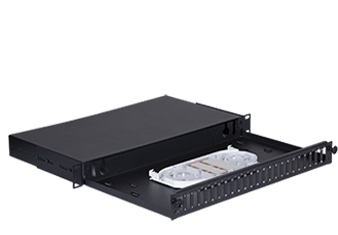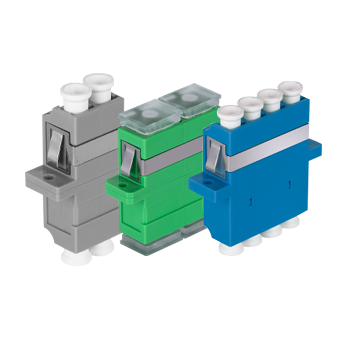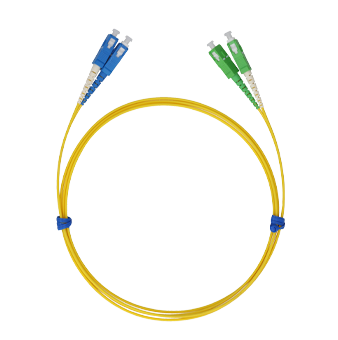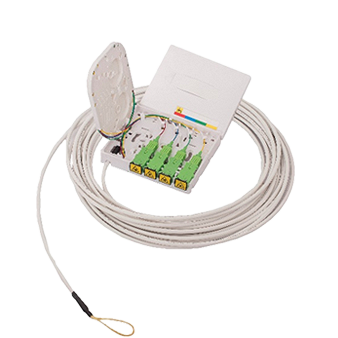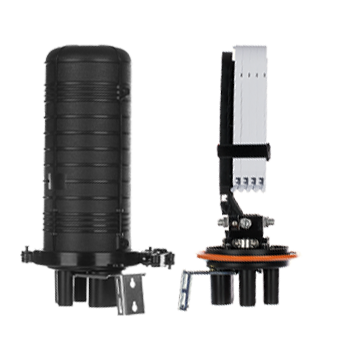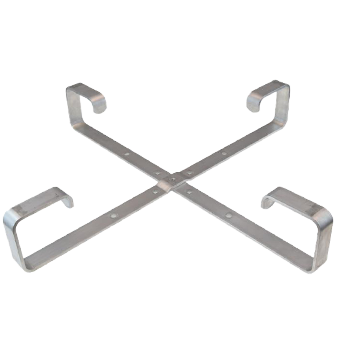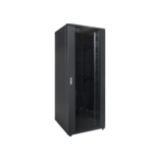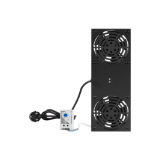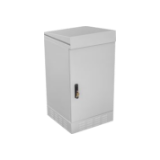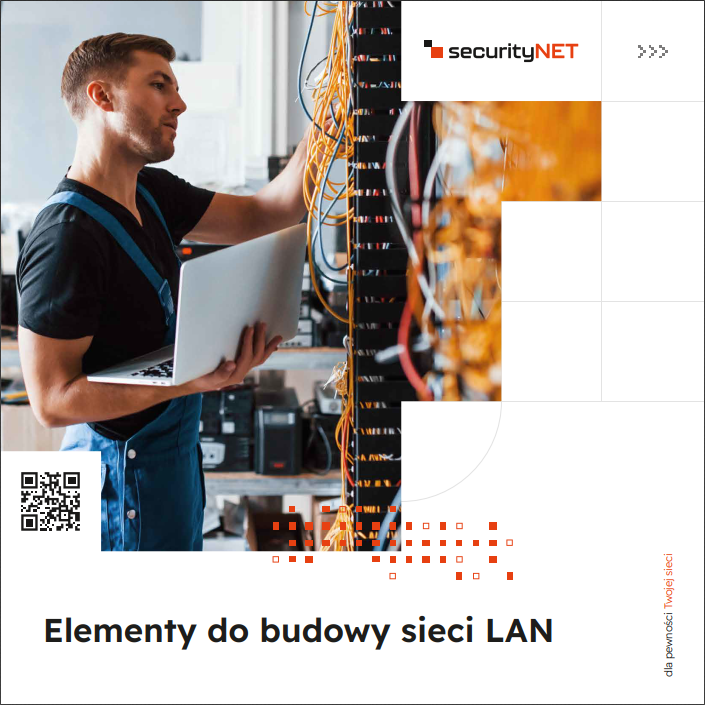-
- SEC5EUTP
- 350MHz
- 305m
- Eca
- PVC
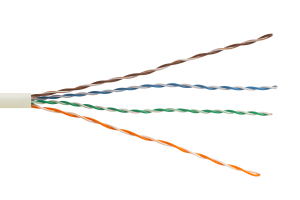
securityNET U/UTP Category 5e 350MHz PVC cable 305m
-
- SEC5EUTPLSZH-B2CA
- 350MHz
- 305m
- B2ca
- LSZH

securityNET U/UTP cable 350MHz Category 5e LSZH B2ca 305m
-
- SEC5EUTPLSZH-CCA
- 350MHz
- 305m
- Cca
- LSZH

securityNET U/UTP cable 350MHz Category 5e LSZH Cca 305m
-
- SEC5EUTPLSZH-DCA
- 350MHz
- 305m
- Dca
- LSZH

securityNET U/UTP 200MHz Category 5e LSZH Dca cable 305m
-
- SEC5EUTPD305
- 350MHz
- 305m
- Fca
- PE
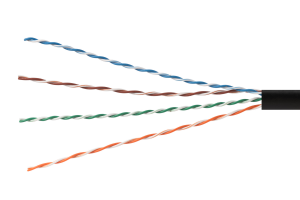
securityNET U/UTP cable Category 5e PE outdoor dry 305m
-
- SEC5EUTPD
- 350MHz
- 500m
- Fca
- PE

securityNET U/UTP cable Category 5e PE outdoor dry 500m
-
- SEC5EUTPG305
- 350MHz
- 305m
- Fca
- PE
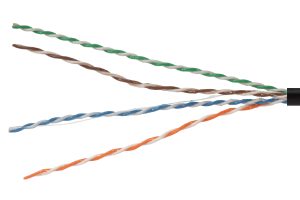
securityNET U/UTP cable Category 5e PE outdoor gel-filled 305m
-
- SEC5EUTPG
- 350MHz
- 500m
- Fca
- PE

securityNET U/UTP Category 5e PE cable outdoor gel-filled 500m
-
- SEC5EFTP
- 350MHz
- 305m
- Eca
- PVC
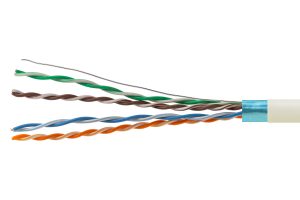
securityNET F/UTP 200MHz category 5e PVC cable 305m
-
- SEC5EFTPLSZH-DCA
- 350MHz
- 305m
- Dca
- LSZH

SecurityNET F/UTP 200MHz category 5e LSZH Dca cable 350m
-
- SEC5EFTPD
- 350MHz
- 500m
- Fca
- PE
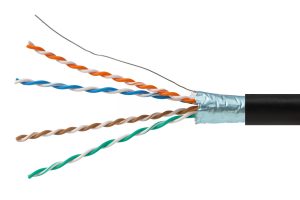
securityNET F/UTP category 5e PE outdoor dry cable 500m
-
- SEC5EFTPG
- 350MHz
- 500m
- Fca
- PE
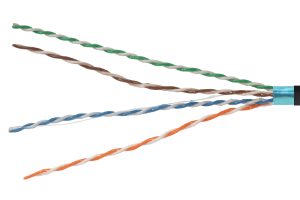
securityNET F/UTP cable category 5e PE outdoor gel-filled 500m
